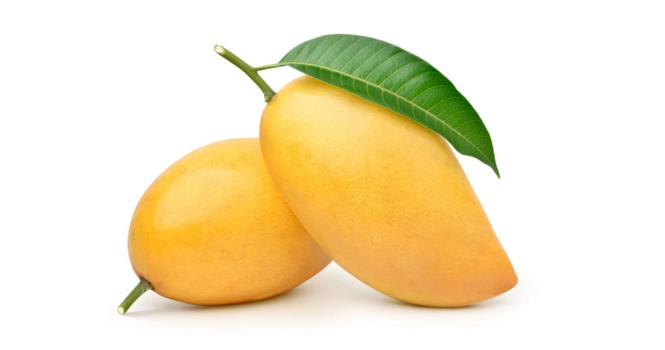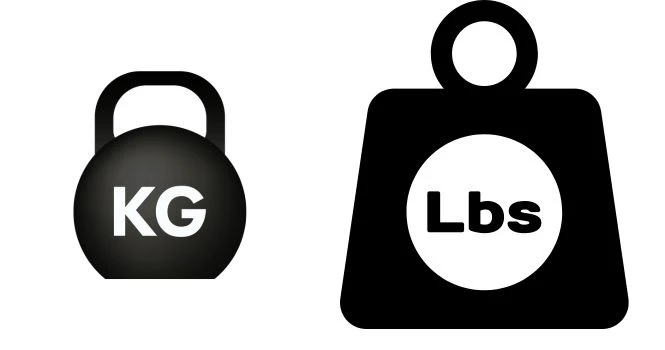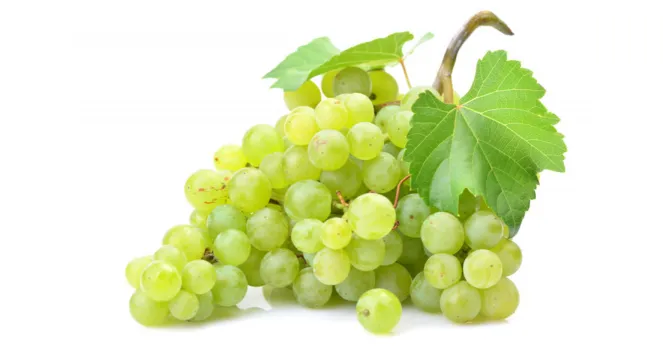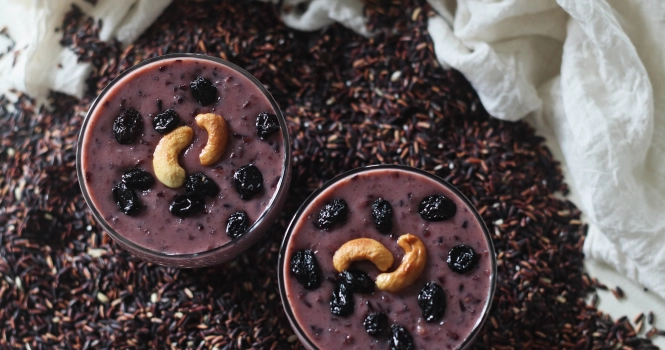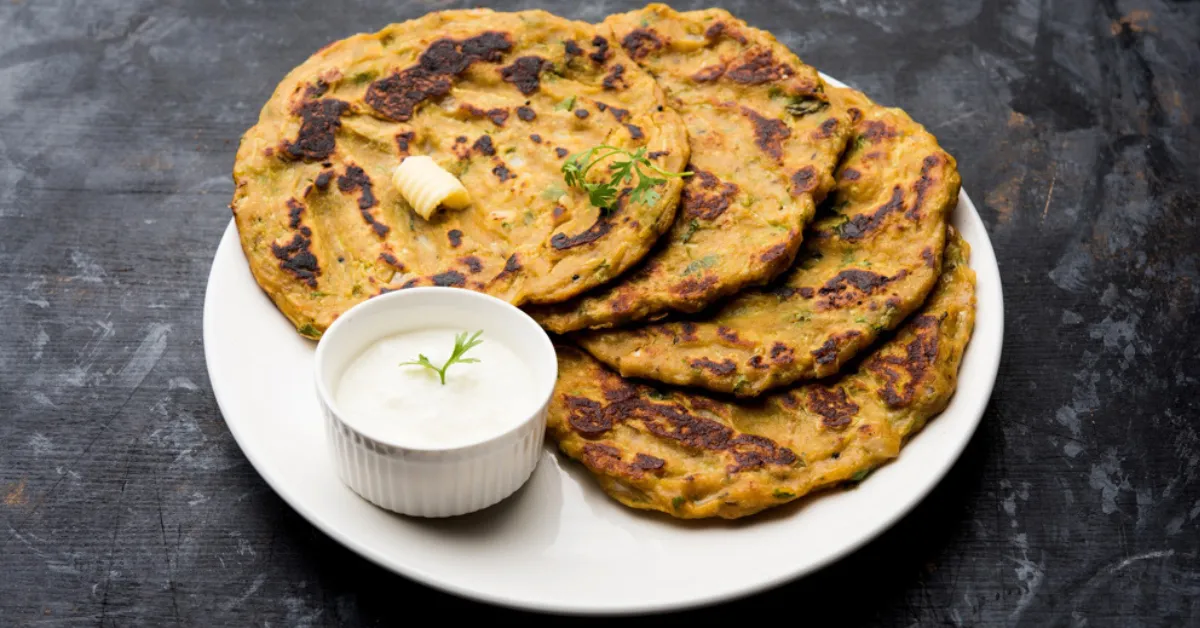11 Foods That Are High in Omega-3 Fatty Acids
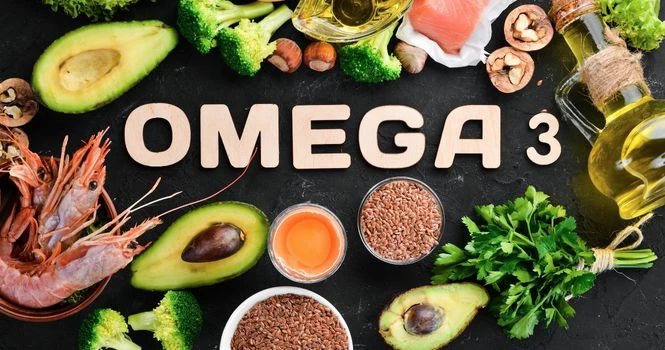
Omega-3 fatty acids are a type of polyunsaturated fat that is essential for human health. This means that they are necessary for human health but the body can’t make them – they have to be obtained through food.
The three main types of omega-3 fatty acids include
- Alpha-linolenic acid (ALA)
- Eicosapentaenoic acid (EPA)
- Docosahexaenoic acid (DHA)
ALA is mainly found in plant oils such as flaxseed, soybean, and canola oils. DHA and EPA are primarily obtained from fish, including salmon, mackerel, tuna, and herring, and other seafood including algae and krill.
Omega-3 fatty acids are essential for human health, playing a crucial role in brain function, heart health, joint mobility, and eye health.
They exhibit anti-inflammatory properties, help regulate cholesterol levels, and can contribute to mental health. Lack of these nutrients can lead to a variety of health issues, underlining their vital role in maintaining overall health and wellbeing.
1. Salmon
It is one of the most nutrient-dense foods on the planet and an excellent source of Omega-3 fatty acids.
2. Mackerel
These small, fatty fish are loaded with Omega-3s and can be consumed in a variety of ways.
3. Sardines
A small, oily fish that you can purchase canned, which are high in Omega-3 and offer an easy and affordable way to increase intake.
4. Walnuts
Among all the nuts, walnuts contain the most Omega-3 fatty acids.
5. Flaxseeds
Ground flaxseeds are an excellent plant-based source of ALA, a type of Omega-3 fatty acid.
6. Chia Seeds
Chia seeds are an excellent plant-based source of ALA Omega-3 fatty acids and fiber.
7. Herring
Often served smoked or canned, this fatty fish is also one of the best sources of Omega-3 fatty acids.
8. Tuna
Fresh and canned – is a good source of Omega-3 fatty acids.
9. Algal Oil
Algal oil, a type of oil derived from algae, stands out as one of the few vegan sources of both EPA and DHA Omega-3s.
10. Hemp Seeds
These seeds are a great source of Omega-3s and other essential nutrients.
11. Anchovies
Small, oily fish that are eaten whole, and can be used in pasta or pizza, providing a strong flavor and high amounts of Omega-3s.
Remember to balance your diet to include a variety of these sources to ensure you get plenty of Omega-3s, but also other necessary nutrients.
If you are vegetarian or vegan, or allergic to fish, it might be worth exploring fortified products or supplements to make sure you get enough Omega-3 fatty acids.
This tabular column shows you the amount of Omega 3 Fatty acids per servings.
| Food Source | Serving Size | Omega-3 Fatty Acids (Approximate) |
| Salmon | 3.5 ounces | 2.6 grams |
| Mackerel | 3.5 ounces | 2.7 grams |
| Sardines | 3.5 ounces | 2.2 grams |
| Walnuts | 1 ounce | 2.6 grams |
| Flaxseeds | 1 tablespoon | 1.6 grams |
| Chia Seeds | 1 ounce | 5.1 grams |
| Herring | 3.5 ounces | 1.5 grams |
| Tuna | 3.5 ounces | 1.3 grams |
| Algal Oil | 1 tablespoon | 1.3 grams |
| Hemp Seeds | 1 ounce | 2.5 grams |
| Anchovies | 3.5 ounces | 1.4 grams |
Certain fish may contain mercury and other harmful substances. Consumption of such fish could pose health threats, particularly for young children and expecting mothers.
Since we know that mercury exposure is a concern, broadening your variety of fish intake can help mitigate this risk, which means not eating the same type of fish all the time.
![]()



